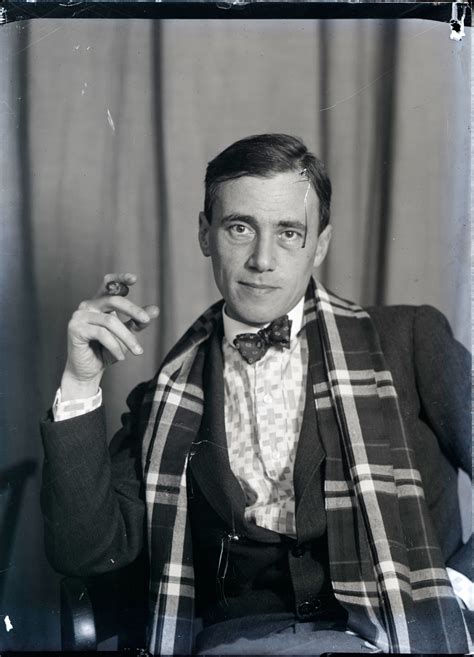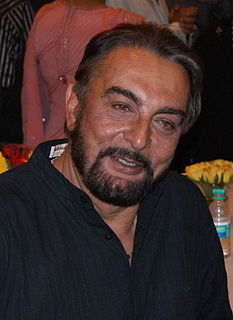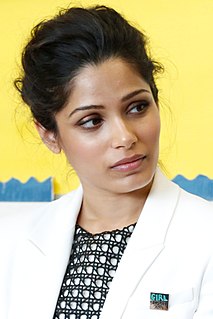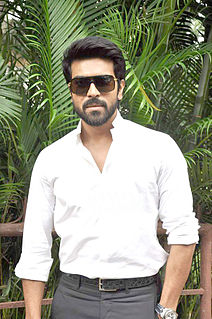A Quote by Wong Kar-wai
What makes international cinema so interesting is that each territory has its own sensibility. When you look at an Indian or French film, there's a certain flavor. And even though the language is different, if the film is successful, it has something very common and understandable.
Related Quotes
More than my other films, Uncle Boonmee is very much about cinema, that's also why it's personal. If you care to look, each reel of the film has a different style - acting style, lighting style, or cinematic references - but most of them reflect movies. I think that when you make a film about recollection and death, you have to consider that cinema is also dying - at least this kind of old cinema that nobody makes anymore.
I conceive of the film as a modern art form particularly interesting to the sense of sight. Painting has its own peculiar problems and specific sensations, and so has the film. But there are also problems in which the dividing line is obliterated, or where the two infringe upon each other. More especially, the cinema can fulfill certain promises made by the ancient arts, in the realization of which painting and film become close neighbors and work together.
In a country like India, we don't want to put everyone in one big mixture. We have a different language, culture and cuisine for each region, even though we are united in the larger context. We are more like a fruit salad, where each ingredient has its own specialty, each fruit its distinct flavor, and together, the salad makes a tasty dish, without losing the individuality of each constituent.
The film The Conquest will be seen on many different levels and the American point of view is always more technical. The French are less technical - it's 'I like it, or I don't like it.' I hope that this film can have a life in the U.S. - it's the grand country of cinema. I grew up with Hollywood movies, so for a French director to have a film distributed in the U.S. is a real opportunity.
I'm not trying to be self-serving, but you know, you get to Hollywood, and if you want to make something big and loud and dumb, it's pretty easy. It's very hard to go down there and make a film like 'Sideways,' which I thought was a great film. They don't want to make films like that anymore, even though that film was very successful.
African films should be thought of as offering as many different points of view as the film of any other different continent. Nobody would say that French film is all European film, or Italian film is all European film. And in the same way that those places have different filmmakers that speak to different issues, all the countries in Africa have that too.
I think that's true of all cinema, that's why cinema is the great humanistic art form. Whatever the film is, it doesn't matter what the film is about, or even whether it's a narrative or figurative film at all, it's an invitation to step into somebody else's shoes. Even if it's the filmmaker's shoes filming a landscape, you go into somebody else's shoes and you look out of their lens, you look out of their eyes and their imagination. That's what going to the pictures is all about.
Even though I'm an actor, even though I know a little bit about film, I very much view things as an audience member. For me, whether it's TV, film, theater, whatever, it's a big movie, a small movie, whatever it is, I look for the truth in it. I look for the honesty. I just look for if it feels honest and real to me.
To me, a revolutionary film is not a film about a revolution. It has a lot more to do with the art form. It's a film that is revolting against the old established language of cinema that had been brainwashing the people for decades. It is a film that is trying to find ways to use sound and image differently.
It's quite interesting, looking back at the first one [film about Harry Potter], nobody knew whether or not it was going to be successful as a film. The books were of course already very successful, but that's happened before, where the books were successful and the films weren't at all. But it turned out that they were.






































